San Diego’s Next Role: Tech Hub?
Recognizing stepped-up development and interest from the tech sector, Stockdale Capital Partners plans to reinvent an aging mall as a mixed-use property anchored by creative office space.
By Sibley Fleming
In August, Los Angeles-based Stockdale Capital Partners acquired Horton Plaza, a 10-acre aging mall in downtown San Diego known for both for its vacancies and vagrants.
Like Amazon, which expanded with a new 85,000-square-foot office building in San Diego’s University City in September, announcing its ability to create 300 new tech jobs, Stockdale Capital Partners was also impressed with the city’s “extremely rich labor pool,” according to Managing Director Daniel Michaels.
“The San Diego schools graduate more STEM graduates than, I think, Stanford and Berkeley combined,” Michaels says. “If you think about the growth of software/hardware engineers or just engineering talent in general, San Diego is one of the richest in terms of what schools like UC San Diego are doing.”
Riding the tech wave
Indeed, 8.4 percent of San Diego’s entire workforce is employed in the tech sector and the once sleepy surfer town is now counted among the top 25 tech markets in the nation, according to Cushman & Wakefield’s Tech Cities 2.0 report, released in September.
Stockdale bought the mall from Unibail-Rodamco-Westfield for $175 million with plans to redevelop the derelict property into a high-density, mixed-use development anchored by tech-oriented, creative office space curated with lifestyle retail, entertainment and public neighborhood amenities. Construction is expected to begin on what will be known as The Campus at Horton in early 2019 and be completed in 2020. At full buildout—there’s an opportunity for an additional 1.5 million square feet—the redevelopment is projected to reach $1 billion, according to Michaels.
The opportunistic investment firm already has a track record redeveloping old malls and converting them to creative office. Among its successes, in 2013, Stockdale acquired another failing shopping center in Scottsdale, AZ for $69 million that today houses national tech tenants such as Yelp, Zillow, Square and Indeed. “We are now doing another development adjacent to the Galleria in Scottsdale because we are out of space at that particular asset,” Michaels explains.
There’s no shortage of big tech tenants such as Amazon and Walmart Labs sniffing around. However, San Diego is also featured in several prominent rankings, including the U.S. Chamber of Commerce, which slotted it as the fourth best city in the country for startups, up from five the previous year based on factors such as connectivity and support of Mayor Kevin Faulconer’s office.
Stockdale, too, is focused on Smart City technology and working with the Mayor Faulconer’s office to implement. Michaels anticipates The Campus at Horton will bring 3,000 to 4,000 high-paying new jobs to downtown San Diego.
Housing those workers downtown shouldn’t be a problem. New York-based research firm Reis reports that since the third quarter of 2008, downtown San Diego has been the fastest-growing submarket, adding 4,642 multifamily units over that period, or 26.8 percent of total metropolitan apartment completions.
Currently, the large concentration of life science companies in San Diego is located in outlying suburban submarkets like Sorrento Mesa and Torrey Pines, creating one of the worst reverse commutes in California for employees living downtown.
“It’s perception more than anything,” Michaels says. “Once you educate folks and once people go down there and they see they the access from the airport to downtown, which is like 10 minutes. . . that all changes pretty quickly.”
Images courtesy of Stockdale Capital Partners

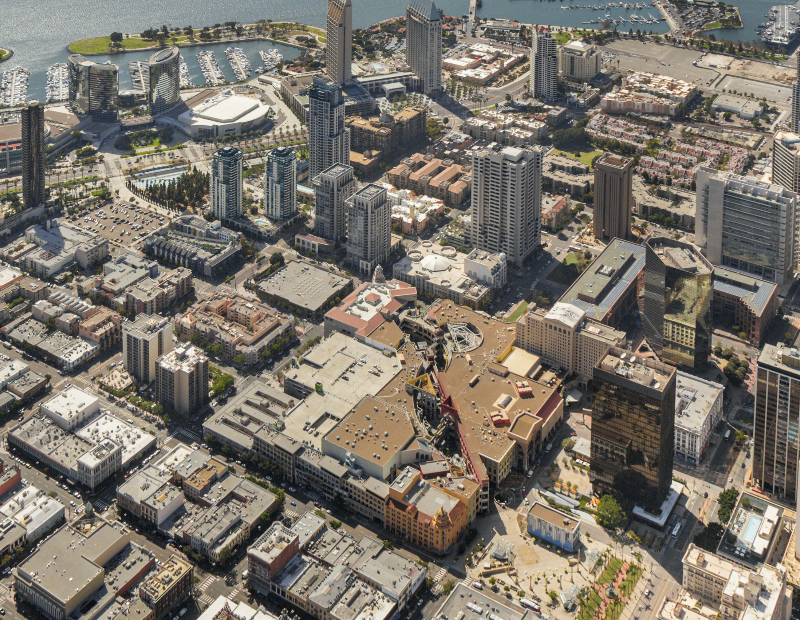

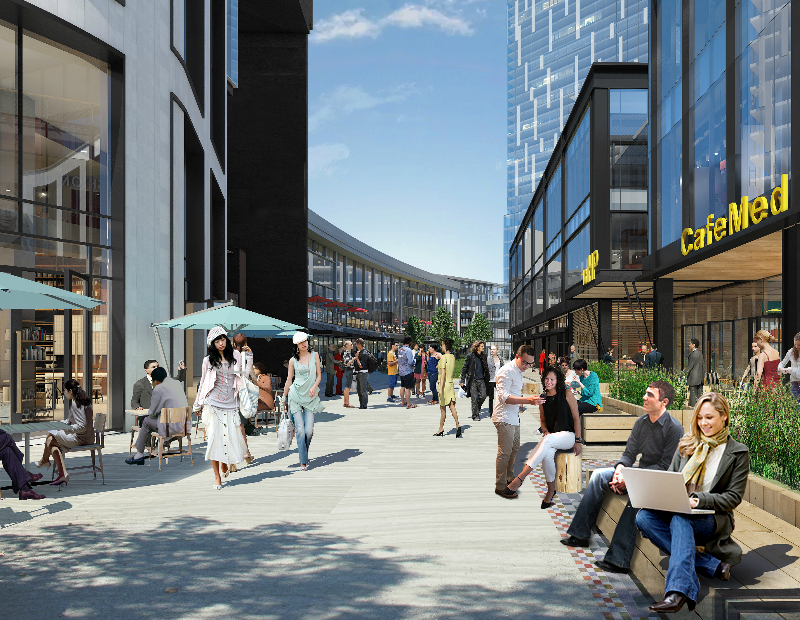
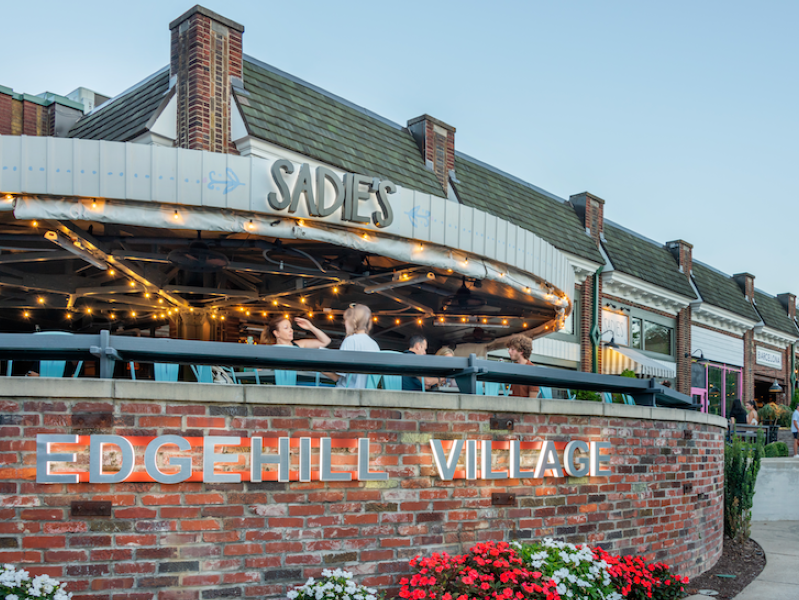
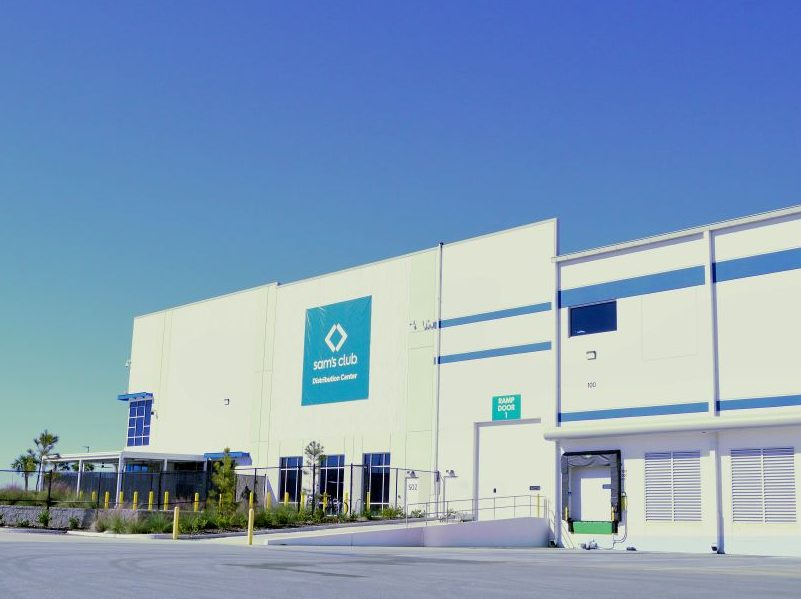
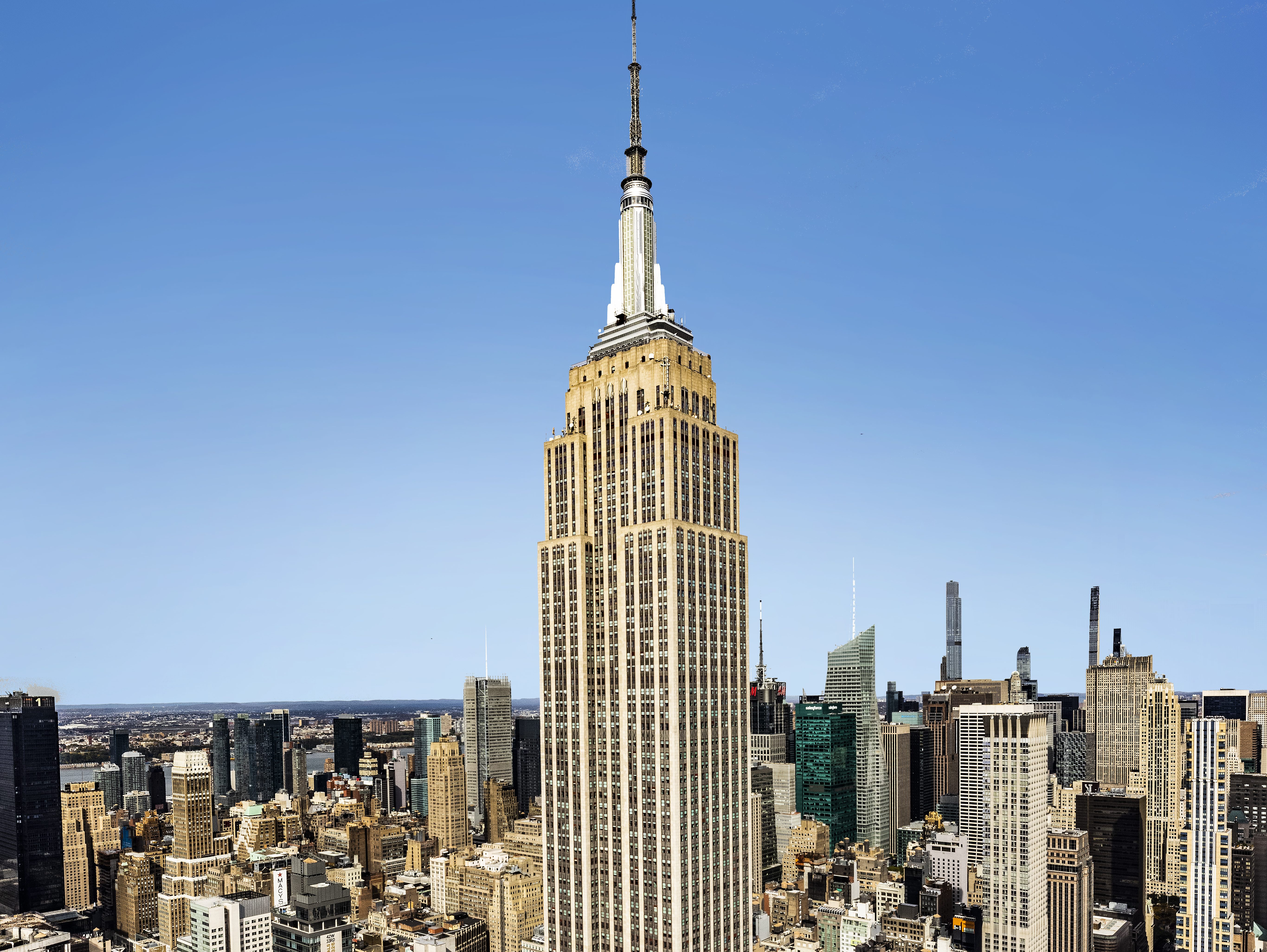

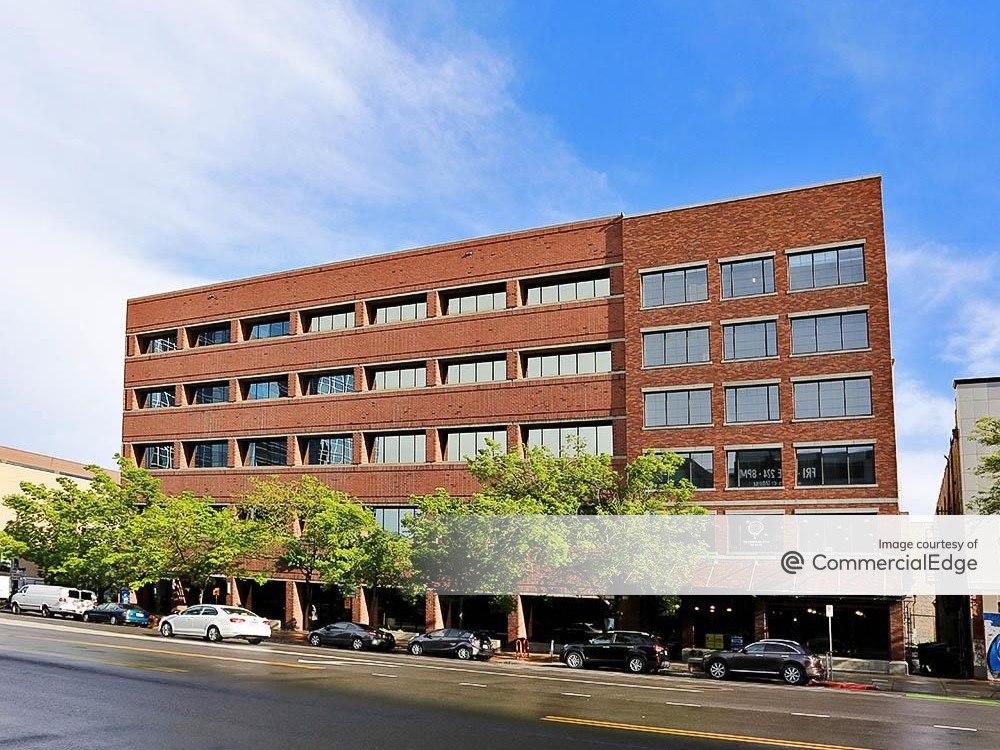
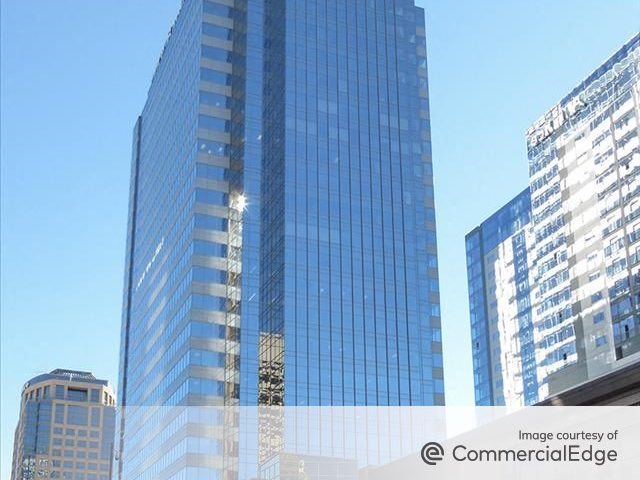
You must be logged in to post a comment.